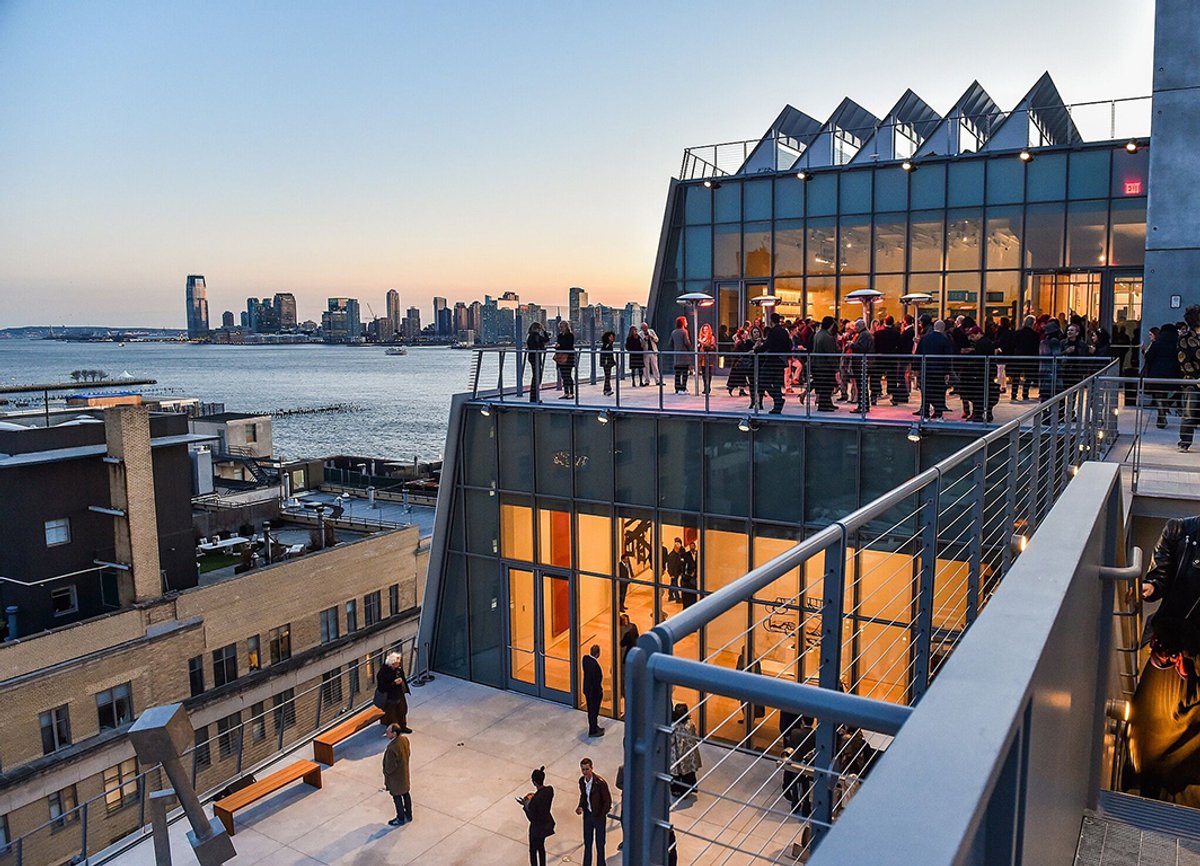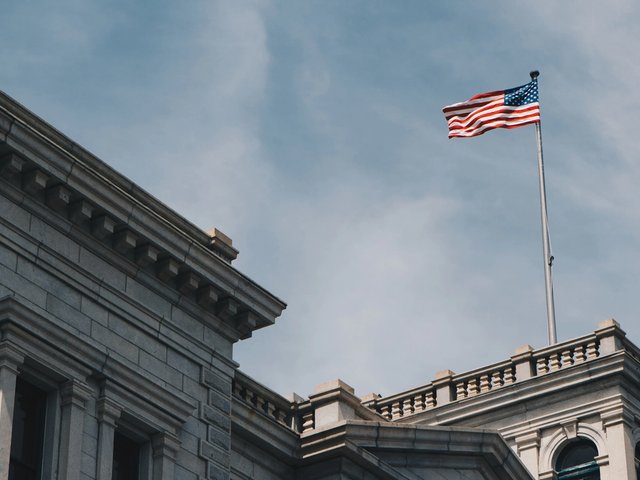A survey of people in the US museums sector found that 43% have lost income as a result of the coronavirus pandemic, with the average decline in earnings amounting to 31%, the American Alliance of Museums (AAM) reported today.
The poll, carried out from 9 to 17 March, also revealed that the pandemic has had an especially severe impact on independent consultants and contractors, who depend on museums’ shifting needs: over half have had their contracts with institutions cancelled or indefinitely postponed and have struggled to obtain new ones, the AAM says, resulting in the loss of over half their pre-pandemic income on average.
Across the board, US museums shut down when the Covid-19 virus hit in full force in mid-March 2020. And those that eventually reopened had to drastically scale back the number of visitors they could safely welcome under contagion guidelines. The resulting plunge in revenue had severe repercussions for many who work in the field.
The poll results were released as Unesco meanwhile reported that the Covid-19 crisis had led to a fall in funding for museums worldwide, with public subsidies decreasing in 50% of the countries surveyed. In places where museums rely more on the market and philanthropy, such as the US or the UK, job losses have been "rapid and particularly significant”, the agency said.
In another critical finding of the AAM's US survey, many respondents said they experienced a serious impact on their mental health and well-being from the pandemic. The average impact was 6.6 out of 10, with 10 indicating a very strong negative impact. The impact was particularly marked for people under 35, averaging 7.8, and students, 8.
Nearly half (48%) of paid museum staff reported shouldering an increased workload as a result of the pandemic.
The report on the polling, carried out by the AAM with the research firm Wilkening Consulting, notes that the Johns Hopkins Center for Civil Society Studies Nonprofit Economic Data Project estimates that the US nonprofit arts, entertainment and recreation sector lost over 36 percent of its jobs because of the pandemic-related financial crisis between February and December of last year. It also projects that at current rates of regrowth it will take over two years to fully recover those positions.
“As we recover and rebuild, we must focus on equity, empathetic leadership and actions that support the people who make museums possible,” Laura Lott, the association’s president and chief executive, said in a statement accompanying the results. “The resiliency and future vitality of our field relies on them.”
The survey also found that people were disadvantaged by race and gender in experiencing the impact of the pandemic. Of people reporting that they were living paycheque to paycheque because of the crisis, 24% were Hispanic, 19% were BIPOC (Black, Indigenous, people of colour) and 12% were white.
Women were more likely than men to report increased workload and adverse effects on hours, salary, mental health and well-being. Some 41% of men reported increased workload, versus 50% of women, for example, and men were more likely to report not having experienced any adverse effects to their workload, hours, salary or benefits (46% versus 38%).
Women were also less hopeful about the future of the museum field, with 63% saying they were very or cautiously optimistic compared to 76% of men.
The survey’s 2,666 respondents included employees who had kept their jobs (64%), paid staff members who were laid off or furloughed (23%), independent consultants and professionals (7%), volunteers (4%), students (3%) and retirees (2%).



